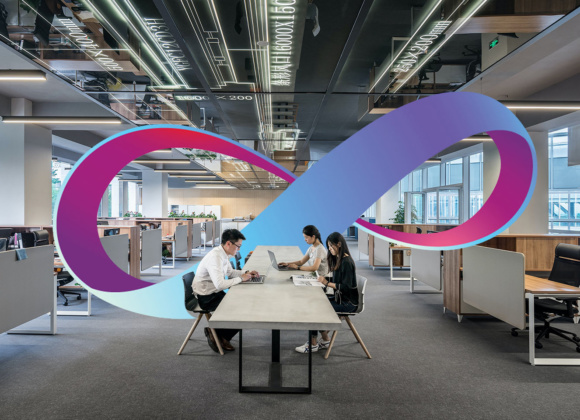Is it Possible for London Businesses to be Eco Friendly?
When you live in a city such as London, with a population of almost 9 million, it can seem almost impossible to think of green, eco-friendly practices. However, it is more important than ever for London residents and businesses to become more energy efficient as the effects of high energy emissions, pollution, and poor waste management will reflect most acutely on those who live in the city. For businesses with a conscience, a good way to start thinking about making small eco-friendly changes is to arrange an Energy Performance Certificate from a reputable EPC London company.
While most businesses are not required to have an energy efficiency assessment until the building is marketed for sale or to let, it can be an eye-opener in terms of recognising whether your office, warehouse, or commercial building is actually as energy efficient as it could be. Government statistics show that two thirds of EPCs issued in Q4 for non-domestic properties gave the businesses a C or D rating with just 3% receiving a desirable A/A+ rating and 2% getting a very poor G rating.
So, how do you improve energy efficiency for your businesses without spending a fortune? First of all, no step is too small to make an improvement and lots of small steps together add up to a significant improvement overall for London’s eco-sustainability.
If you already occupy a modern low-energy, high-performance building with the latest insulation and smart technology, you have a head start over the rest. But why not challenge yourself to raising your EPC rating by one level over the next 12 months? Here’s how.
Involve your staff
Many of your employees will already be concerned about climate change and will be putting into practice everything they can to be eco-friendly in their personal life. By having an open discussion about becoming an eco-friendlier business, you will quickly earn their respect, support and help. Ask for suggestions about ways they can suggest making the office greener and eco-friendlier. It could involve less paper and ink, better recycling, or changes in the staff room to reduce non-recyclable waste such as one-time coffee cups and plastic cutlery.
Employees may be keen to adopt greener ways to travel to and from work, such as providing secure bicycle storage or organising car-share groups.
Vertical Gardens
Living walls are increasingly popular in urban architecture. As well as being visually attractive, plants improve air quality and reduce air pollution. The largest living wall in London is at 20 Fenchurch Street where over 52,000 plants cover a 700m² area of vertical space.
Think about adapting some of your outdoor space, whether it’s a roof terrace or a car park, and adding some physical green to your business environment. If all else fails, encourage employees to have plants and herbs on their desks and windowsills. Plants not only make the workspace look greener, it’s a proven fact that having plants around helps lower stress and blood pressure while boosting oxygen and reducing CO2.
Lighting and heating
Consider switching to low carbon lighting and installing sensors that switch lights off when no movement is detected in hallways, bathrooms and store rooms. Installing smart thermostats and energy-efficient tankless water heaters can significantly improve energy efficiency. Not only will Mother Earth thank you, your bank balance will also reflect the lower cost of heating and power. A new heating system or a more efficient air-conditioning unit can also improve energy efficiency if you can’t commit to having solar panels fitted.
When it’s time to refurbish your office or commercial building, consider adding an extra layer of insulation to walls and roofs. This is one of the best ways to dramatically improve your EPC rating. For any modern business, being energy efficient should be considered an investment. By lowering energy consumption, you can reduce your carbon footprint and your outgoings, making any investment a good move for your business and for your future overall.



